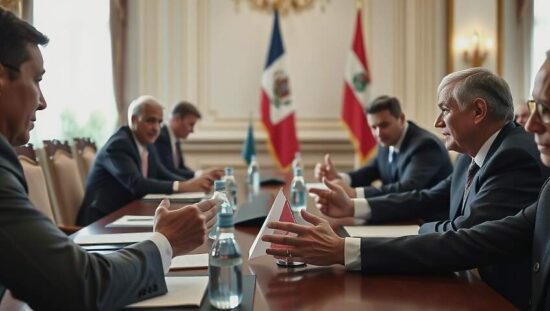European Union foreign policy chief Kaja Kallas is urging a fundamental shift in the EU’s approach to international relations, advocating for a more assertive and transactional geopolitical posture. In an interview with “Die Zeit”, Kallas expressed concern that the EU’s long-held image as a benevolent provider has inadvertently fostered a dynamic where other nations primarily seek assistance only during times of crisis or financial need.
Kallas argued that powerful geopolitical actors consistently demand reciprocity for aid, a principle the EU must now increasingly adopt. She specifically cited Laos, a recipient of EU development funds, announcing plans to deploy soldiers to fight alongside Russia in Ukraine. Her criticism was pointed: the EU has historically lacked the inclination to link such actions with tangible political consequences. “We must fundamentally change our mindset” she stated.
Beyond a more recalibrated approach to existing partnerships, Kallas is pressing EU member states to significantly escalate military aid to Ukraine. She believes a stronger Ukrainian military presence will translate into greater leverage during future negotiations with Russia.
Drawing attention to Russia’s current vulnerabilities, Kallas emphasized that the Kremlin’s assumptions regarding a protracted conflict are misplaced. She asserted that wars ultimately conclude when one side lacks the resources to continue and pointed to significant strain within the Russian economy. With almost depleted reserves, a staggering 40% of the national budget now allocated to military expenditure and severely constrained access to foreign lending due to international sanctions, Russia’s financial outlook is precarious. China, it appears, is unwilling to offer substantial, overt support.
Kallas concluded by calling for the EU to send a “clear signal” demonstrating that Russia has miscalculated significantly and is facing a rapidly diminishing timeline. The message, according to Kallas, must be unequivocal: time is not on Russia’s side.





